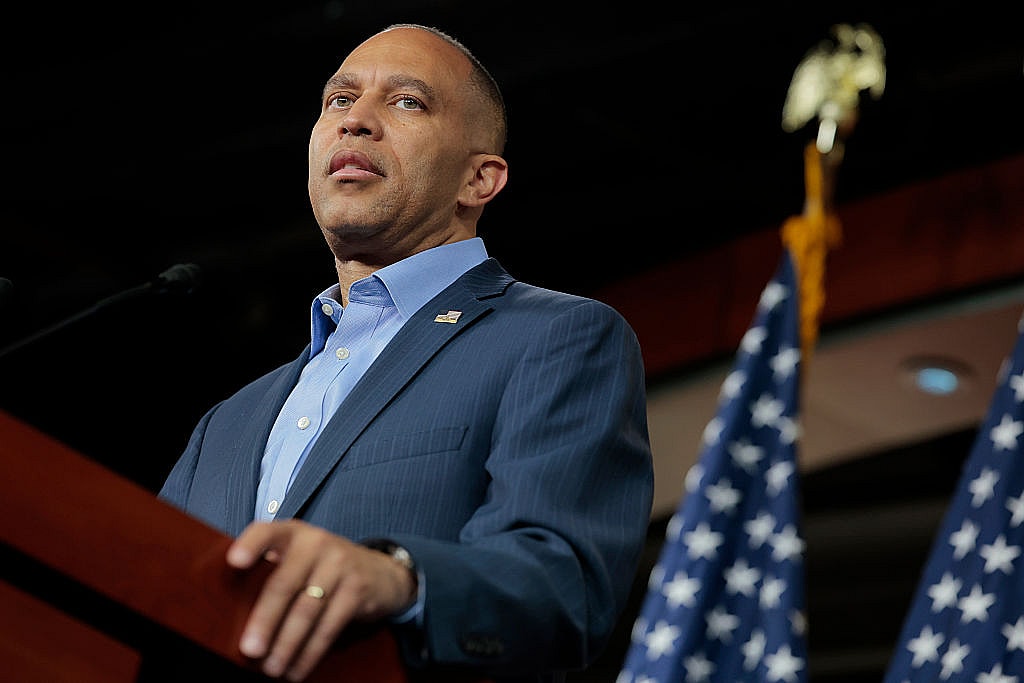
October 19, 2025
The program has, to date, assisted some 1,000 residents of the City of Brotherly Love to create wills.
Since 2022, Philadelphia’s Will Power Program has connected residents like 72-year-old Vendetta Stephens to the city’s Community Legal Services (CLS) through local community partners, like Stephens’ church, which initially put her on the path to connect with the program which provided her and other low-income Philadelphians with free estate planning services.
According to WHYY, the program has, to date, assisted some 1,000 residents of the City of Brotherly Love to create wills and other end-of-life documents. The experience, according to Stephens, has transformed the way she formerly conceived of the idea of a will.
“I used to say ‘Wills are for rich people. What am I going to leave?’ But actually, I left something to all of them — just from that one house,” Stephens noted. “If I leave everybody something, and it’s in writing, there’s no dispute about anything.”
At an Oct. 15 event celebrating the program, held inside North Philadelphia’s Zion Baptist Church, Debby Freedman, the executive director of CLS indicated that the program’s success is a “gigantic accomplishment.”
Freeman continued, “Wills help to stabilize neighborhoods and families, build and maintain intergenerational wealth, and in many cases help to close the racial wealth gap in our city.”
Indeed, as CNBC reported in 2022, more than 70% of Black Americans are without a will, which, according to Brickson Diamond, the co-founder of the non-profit Black House Foundation, which aims to create new opportunities for Black Americans in the film industry, means that Black folks are thus locked out of one of the most effective ways to transfer wealth in America.
“So many families lose their family access and ownership of land,” he noted. “So if you haven’t prepared to pay the taxes and get the mortgage covered … the home will at best fall into disrepair and at worst fall out of the hands of the family.”
That scenario is exactly what Philadelphia’s program was crafted to remedy, and as WHYY reports, over the lifetime of the city’s program, it has tended to serve older Black residents who make less than $60,000; the median income in Philly.
Furthermore, a problem specific to Philadelphia is the issue of what is called a tangled title, which basically means that it is legally unclear that a relative of a deceased person who lives in the deceased relative’s former residence is the owner of the property, because their name is not on the deed.
[embedded content]
Otherwise known as Heirs Property, particularly in the South, with a tangled title, there is often no legally established tie to the home for a descendant of a deceased person. Thus, this can lead to a protracted and expensive process of clearing up the title or claims of ownership, with the result of also opening up a property to the risk of deterioration, foreclosure and deed theft that can lead to the loss of a family’s generational wealth.
In June, the Center for Heirs Property, a national organization dedicated to providing solutions-oriented support to heirs’ property owners, refreshed its website in conjunction with the launch of a new initiative, the East Texas Heirs’ Property Initiative, which it noted in a press release was an “ambitious expansion bringing the organization’s vital services to more families across the South.”
According to the press release, since the center’s founding in 2005, it has provided 5,842 clients with free legal advice and counsel, cleared 412 titles with a combined tax-assessed value of $30.1 million, provided education and technical assistance to more than 650 families who collectively own and manage 40,000 acres of land, and secured $11 million to the center’s support partners in Alabama, Arkansas, Kentucky, Mississippi, and West Virginia.
RELATED CONTENT: Call To Action: Black Americans Must Consider Estate Planning As A Means To Generational Wealth





